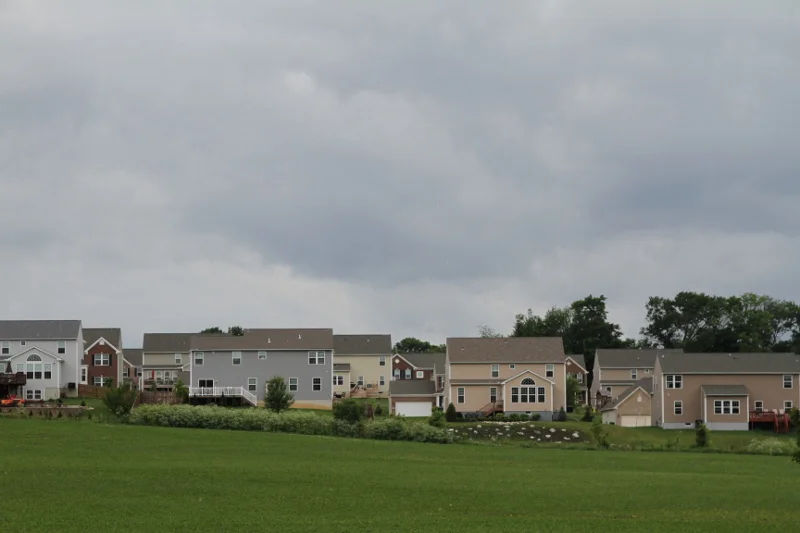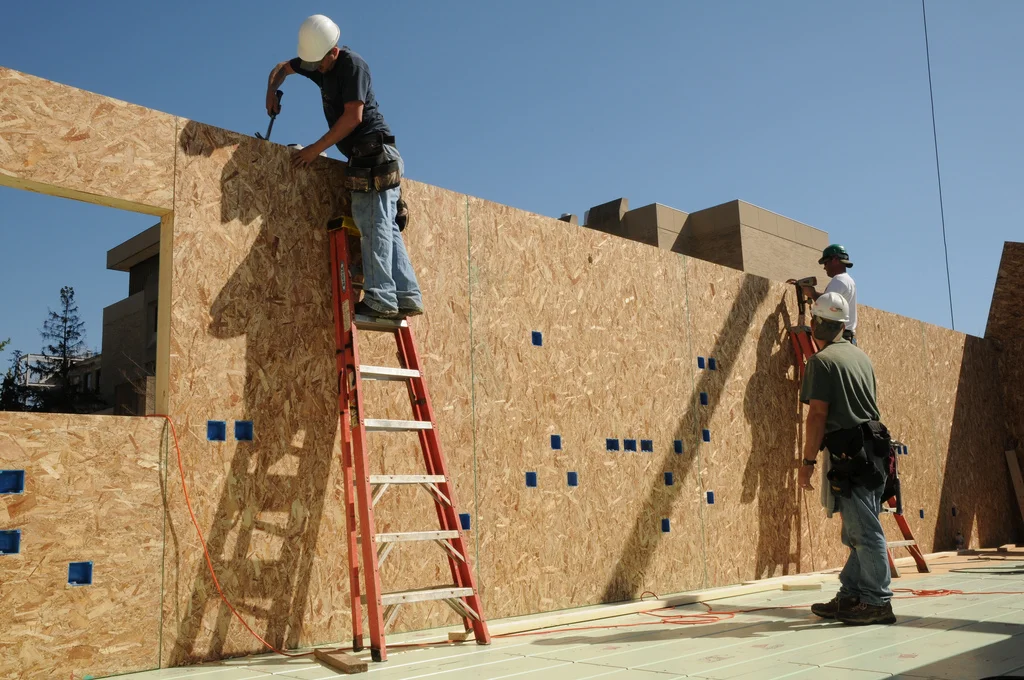On this Leap Day, Chuck and Rachel discuss housing finance policy (last week's theme), a recent staff retreat to Disneyland, and a new membership page, plus behavioral economics.
Read MoreWe know you've been putting it off all month -- now is the time to apply for our Strongest Town contest and tell the world how awesome your town is. The deadline to apply is March 4.
Read MoreThe low density auto-dependent development pattern will persist for a few more decades. So will hyper dense concentrated city centers. And then both will decline as they become overwhelmed by multiple physical, economic, and political constraints.
Read MoreRead our most popular content from Housing Week.
Read MoreChuck is joined by Christopher Jones and Sarah Serpas of Regional Plan Association, a New York-based non-profit organization that recently released a report titled The Unintended Consequences of Housing Finance.
Read MoreThe Oram Foundation funded the creation of "The Unintended Consequences of Housing Finance," the RPA report we've been exploring this week. Chuck Marohn interviewed Richard Oram, Chairman of the Foundation to learn about how he got interested in housing finance and what he hopes the report will accomplish.
Read MoreOur first #BuildHereNow crowdsourcing campaign was a tremendous success. Over the past week, our followers posted dozens of photos from cities across the United States and Canada on Twitter and Instagram.
Read MoreFederal financing rules started out as a way to help people. They’ve now become a mechanism that exploits. There is more to be gained by ending these programs than continuing them.
Read MoreGrowing numbers of Americans want to live in walkable communities. Yet outdated federal restrictions make it harder to build the types of buildings that make these communities work, new RPA research has found.
Read MoreThe federal government can improve housing choices and remove barriers to investing in urban areas, and especially in poor neighborhoods and without additional subsidy, simply by reforming the outdated program rules inhibiting mixed-use.
Read MoreDaniel Kay Hertz, a Senior Fellow at City Observatory, joins the Strong Towns Podcast this week to talk about housing finance and how it impacts disadvantaged neighborhoods.
Read MoreThe changes in our neighborhoods go far beyond a simple response to what homebuyers and renters wanted. In fact, governments at all levels implemented policies that effectively outlawed the kinds of traditional neighborhoods that Americans had lived in for generations.
Read MoreWhen the federal government decided it was going to enter the housing market in the 1930's, it put us on a path that has slowly transformed what it means to bootstrap. We tell ourselves that anyone in American can make it big, but yet the rate of business startups has declined dramatically and median household net worth is at 1960's levels.
Read MoreResidents in poor neighborhoods face health issues, unemployment, deteriorating infrastructure and no way to get out.
Read MoreHUD has, with its mortgage funding, chosen to primarily support the creation of single-family dwellings, which are far more accessible to white middle class people and far less accessible to minorities in poverty. This contradicts Fair Housing laws and the Supreme Court's recent ruling on the subject.
Read MoreWhile the most common image of poverty is a high-rise public housing project, in fact many of America’s poor live in the very type of neighborhood where investment is impeded by current financing regulations.
Read MoreMonte Anderson of Options Real Estate is a developer from the wrong side of town. Instead of fleeing for greener pastures and easier money, however, he stayed in his community and worked to make it better. Here's how he did it.
Read MoreSmall developers who want to build modest mixed-use buildings on their town's Main Street are not able to access the favorable financing available to the developers of large single use suburban apartment complexes.
Read MoreMaybe we're doing it wrong.
Read MoreLife in the exurban fallout zones of the housing crisis is precarious. Overbuilt and half empty, many suburbs will never climb out of debt and decline. Federal housing policies put them in this place.
Read More



















